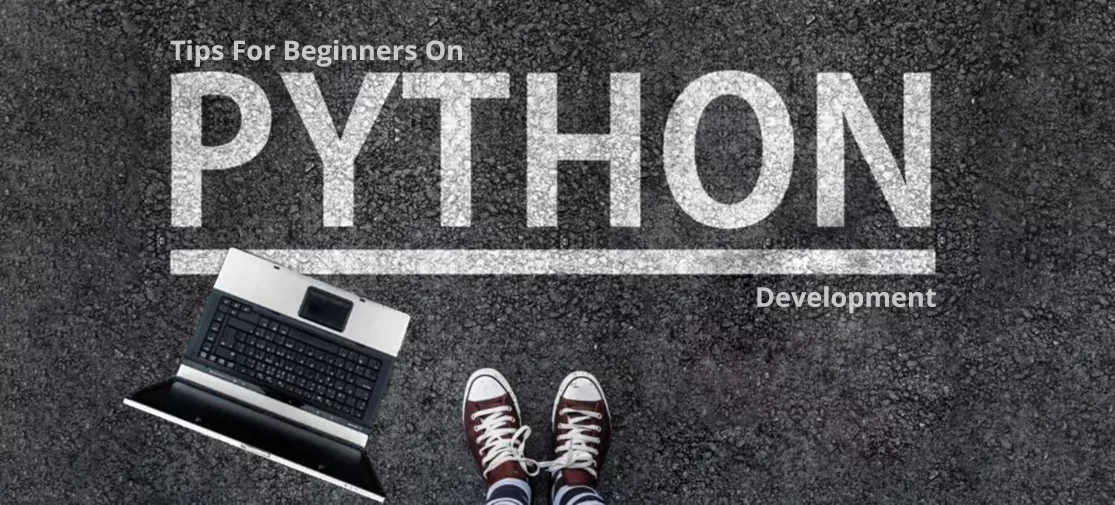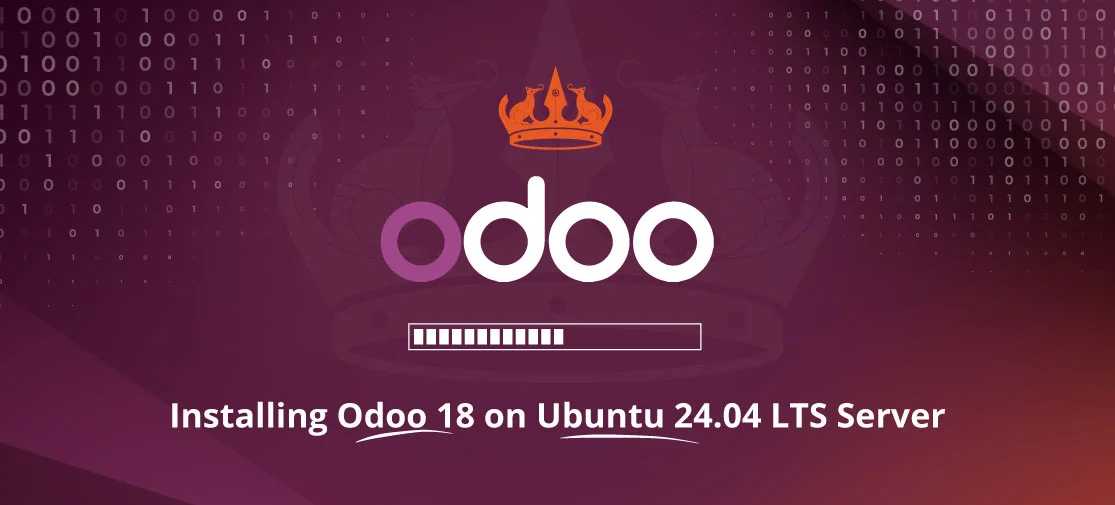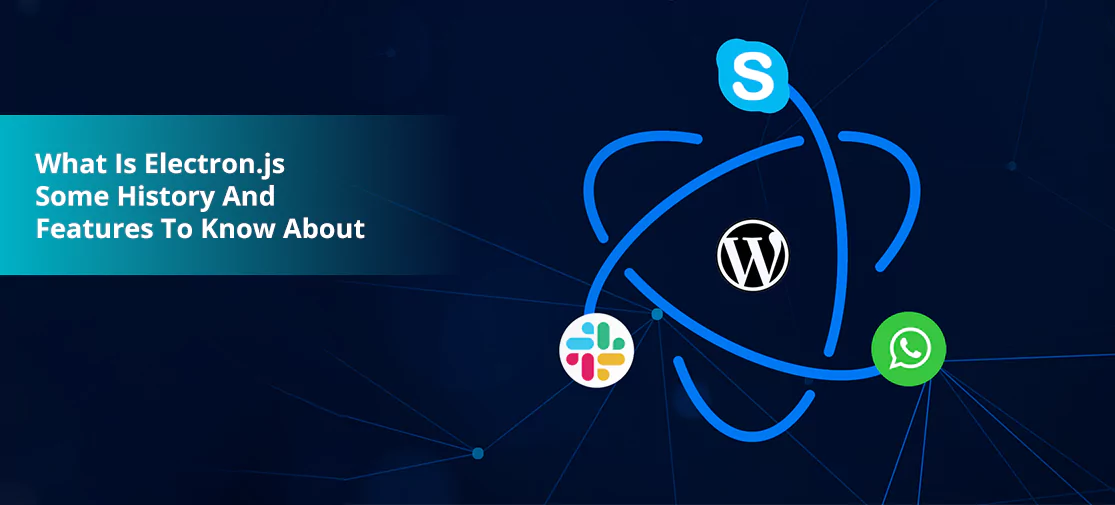Overview
So, are you ready to start from scratch learning Python? The "Python beginning guide" will inform you that this is one of the most fundamental and useful media you could have picked. Basically, you can find films like "Learn Python in one hour" and similar ones in many different places. However, this one is unique. Our blog, "Python Beginner Guide," will undoubtedly explain the basics and offer you some general advice.
A certain group of people can learn programming languages. And congratulations for making that list. Python is a fast-working programming language, as stated in the code itself.
What purpose does know how to learn serve? The justification is simple: libraries are created, and tools are enhanced as languages change. Being a brilliant coder and staying current with these changes both require the ability to learn.
As you continue reading the "Python beginning guide," we're assuming that you concur with us on this issue.
The python beginner's guide, STICK TO IT
It might be difficult to get into the world of coding as a novice. However, we are not frightening you. If you live by a set system, everything is easy. They are ready to be read by you below!
Code consistently
As you incorporate the "Coding Regularly routine" into your way of life, keep the term "consistency" at the center of your thoughts. We advise making a daily commitment to programming. Although it might be hard to imagine, muscle memory plays a big part in programming.
The establishment of muscle memory would be aided by dedicating enough time to coding each day. Consider starting with 25 minutes a day and progressively increasing your time, even if it could seem overwhelming at first.. Once you are habitual, you world set the bars for yourself!
Continue writing code
You could question the value of taking notes as you develop as a programmer. You should without a doubt! Indeed, according to several research, writing down your notes by hand is best for your long-term memory. This will be especially helpful for people who want to work as engineers full-time because many interviews ask candidates to write code on a whiteboard.
Writing by hand may also assist you design your code while you're just starting out on little projects and applications, before switching to the computer. If you plan out the classes and functions you'll need and how they'll interact, you can save a lot of time.
Python interactive shell
Whether you are learning about fundamental Python data structures (strings, lists, dictionaries, etc.) for the first time or troubleshooting an application, the interactive Python shell will be one of your best learning tools.
Installing Python on your computer is a prerequisite for using the interactive Python shell, sometimes referred to as a "Python REPL" #JustAFrankAdvice.
Rest time are appropriate
You see, taking pauses is very acceptable, especially when you're studying new material like Python. Thus, IT'S OK TO TAKE A BREAK FOR EVERYONE READING THIS BLOG, "Python Beginner Guide." A productive study session requires breaks, especially when learning a lot of new material.
Breaks in a debugging process are essential. If you encounter a bug and can't figure out what's wrong, stop. Take a break from your computer and do something enjoyable. In programming, your code must strictly adhere to the rules of a language and logic; as a result, even one misplaced quote mark might completely ruin the entire programme. A different set of eyes might be the deciding factor.
Look for bugs
- Speaking about bugs, as you start developing complicated programmes, they become nearly difficult to avoid. It happens to everybody! Avoid being attacked by insects. Instead, relish the situation and consider yourself a bug bounty hunter. When debugging, it is essential to follow a thorough strategy in order to help you identify the problem area.
- Work as a Complete Team: It makes no sense to work alone when it comes to the "Python Beginner Guide." Additionally, you must follow the advice we have already provided you for learning Python. Let's now examine some concepts that will aid you in collaborating with others.
Study with learners
You can think that you are the only one who codes. But here's the thing: Why can't you do the same with those who share your viewpoints? It is imperative that you surround yourself with other students when studying Python programming. This enables you to impart the advice and skills you've acquired on the way.
Inspire others
It is said that the best way to learn something is to teach it to someone else. This is particularly valid when learning Python. This may be done in a variety of methods, such as whiteboarding with other Python fans, writing blog posts that describe recently learned concepts, creating movies that explain what you learned, or simply talking to yourself on the computer. Each of these strategies will aid in solidifying your understanding and highlighting any knowledge gaps you may have.
Driving and navigating
When two developers work together to complete a job on a single workstation, the method is called pair programming. Driver and navigator duties are alternated between the two developers. The "driver" is the one who writes the code, while the "navigator" helps with problem-solving and reviews the code as it is being written. Switch often to get the rewards on both sides.
Pair programming provides several benefits, including the opportunity to have someone review your code and learn how another person would approach a problem. Your ability to solve issues when you return to coding on your own will improve as a result of being exposed to a diversity of ideas and ways of thinking.
Continue to ask questions
Put your pride aside and continue asking questions, whether it takes a while or a lifetime. When you are at a dead end, it is crucial to ask questions, no matter how silly or intelligent they may seem.
Stick to the context, have your note of analysis handy, and consider how you're going to approach the problem before asking the appropriate person or using the appropriate media. Furthermore, don't assume that the other person will evaluate you based just on your inquiries. Generally speaking, they would be delighted to assist you.
Create anything but create
There are several quick exercises that beginners may do to build confidence with python and the previously described muscle memory. once you have learned object- oriented programming,class creation,and fundamental data structurs (STRINGS, LISTS, DICTIONARIES, AND SETS), It's time to start Building.
It's more important concider how tou create anything than exactly what you make. The experience of building will undoubtedly teach you the most. you can only kearn so much by reading real python articles and courses,thought. you'll learn the majority of what you need to know by using python to construct something. as you go thought the problems and find solutions. you will gain lot of knowledge.
Conclusion
I believe you have comprehended everything in the Python Beginner Guide. Additionally, we should mention that these Python fundamentals points were created just for you to make your learning process easier.
Therefore, if you need any services linked to Python's Flask and Django, all it takes is a phone call to receive our knowledgeable and cost-effective services.
Our group focuses on Python programming best practises. With the help of our skilled Python developers, create a website for your business that is unlike any other and stands out as the finest on the market!




